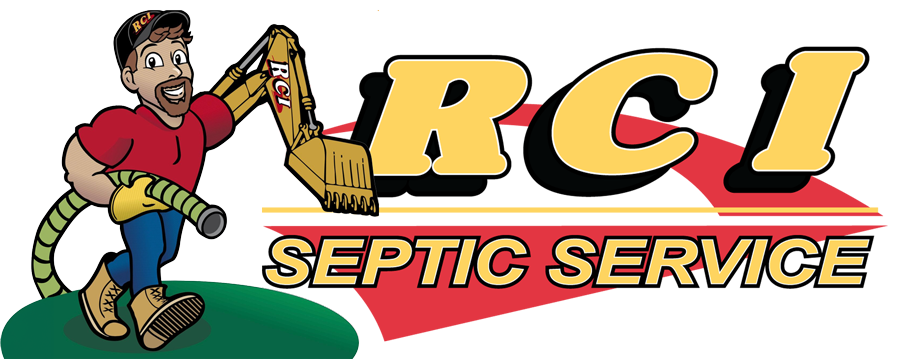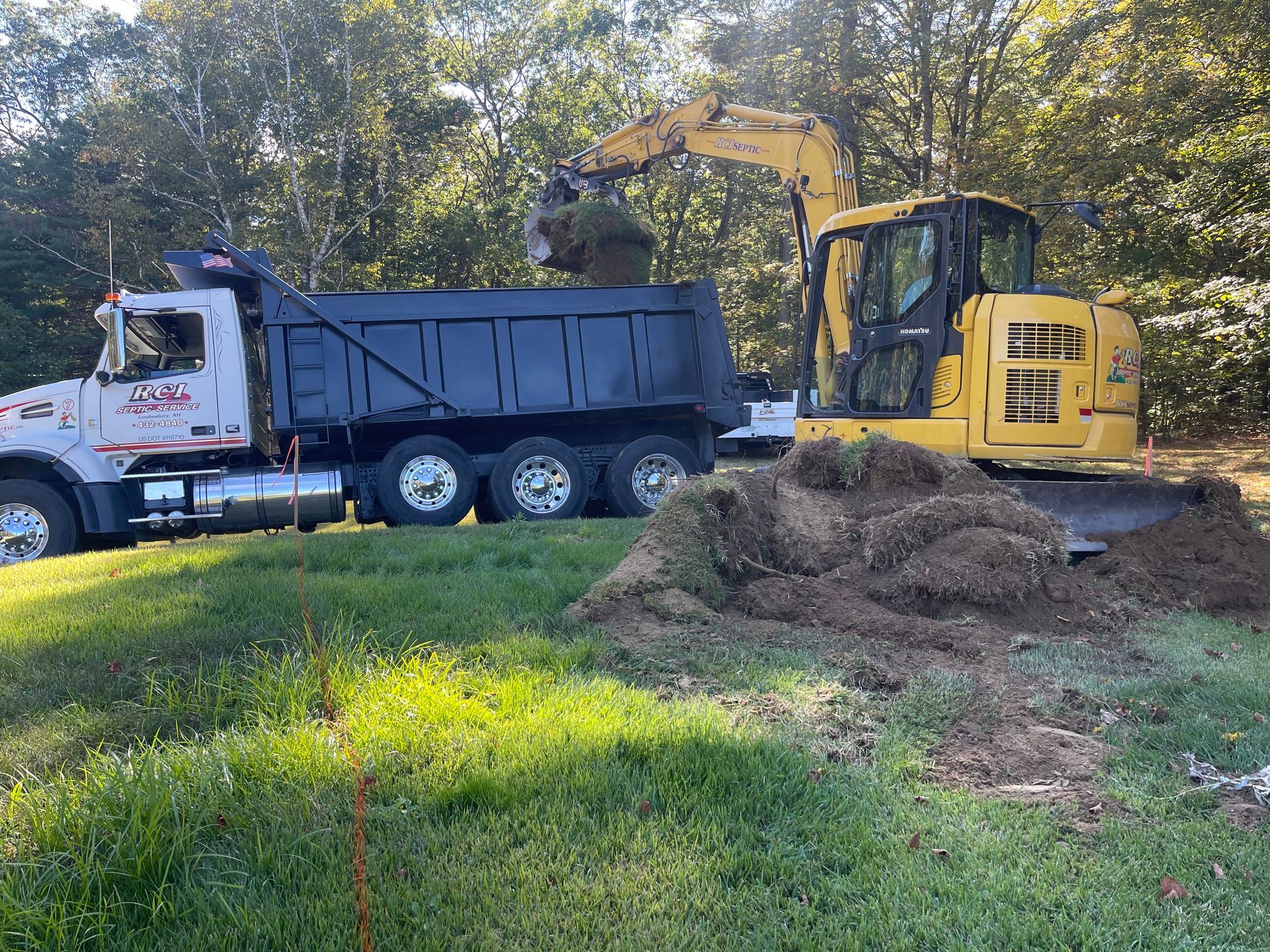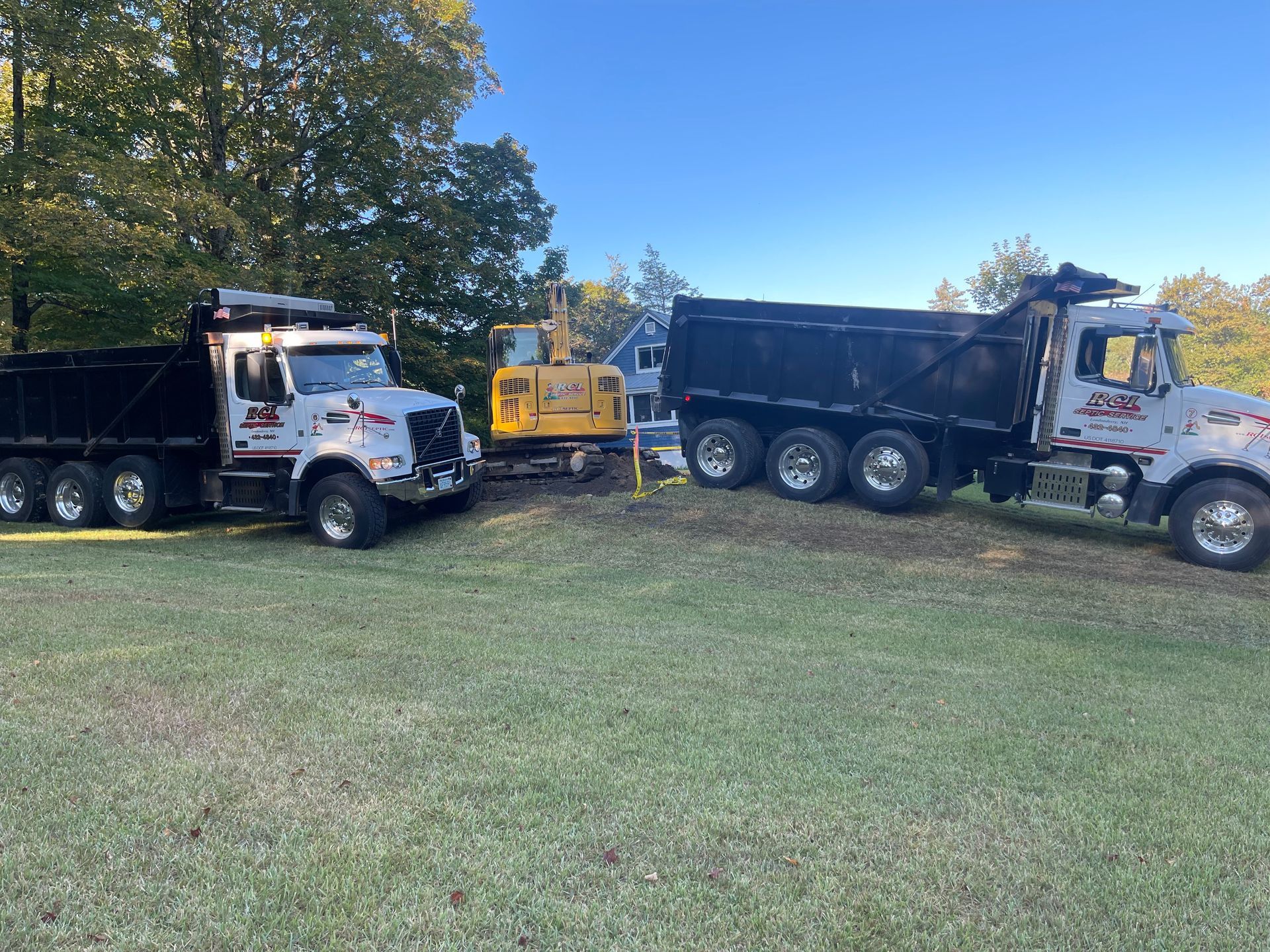What is a Septic Tank?
What is a septic tank?
Your septic tank is the first step in the process of sewage conditioning, in a subsurface disposal system.
Without it the untreated sewage would quickly clog the receiving soil and prevent the purification process of leaching and soil percolation.
Septic tanks serve three functions:
1. Removal of solids. As sewage enters the septic tank, its rate of flow is reduced so that the larger solids sink to the bottom and soaps, grease, and smaller solids rise to the surf ace. These solids are retained in the tank, and the clarified effluent with suspended and dissolved solids is discharged.
2. Bacterial Action. The solids and the liquids in the tank are partially decomposed by bacteria and other natural processes. These bacteria are called anaerobic because they thrive in the absence of free oxygen. This decomposition of sewage under anaerobic conditions is termed “septic,” hence the name of the system (and the cause of the odor).
3. Sludge and scum storage. Sludge is the accumulation of solids at the bottom of the tank, while scum is a partially submerged mat of floating solids that may form at or near the surf ace. Space must exist in the tank to store these residues during the intervals between pumping. Otherwise, the sludge and scum will eventually be scoured from the tank and will clog the l each field and receiving soil.
The Final Stage of Disposal
The treated effluent from the septic tank is discharged to the leach field where it percolates through suitable “septic stone” and finally into the subsoil for further purification.
Will the Use of Chemical Additives Solve Septic System Problems?
There are currently a wide variety of chemical additives available for use in septic systems. They purportedly help improve the functioning of septic systems. The majority of these additives are a combination of the various types of bacteria commonly found in a septic tank.
While it cannot be said that the addition of these additives will in any way harm your septic system, there is no scientific documentation that chemical additives will improve its operation. The number of bacteria contained in a chemical additive is very small in relation to the bacteria already present in your septic system.
Note: The use of chemical additives will in no way eliminate the need for routine maintenance of the septic system and periodic pumping of the tank.
RCI Septic Service DOES NOT recommend usage of any sort of chemicals in your septic tank.
Source: State of NH DES Subsurface WDSSB11 2010


